Agile Fixed Price in IT Projects
DevOps and agility are terms well known throughout the IT sector. Yet, what exactly is the motor that drives this pursuit to increase agility and interlinking in the fields of Development and Operations?
To begin with, companies and especially their IT departments want to work more economically, more efficiently and also with more certainty of results. This saves time and money, and in most cases it is also easier on the nerves. At the same time, companies expect products and services to be better and faster available. Teams work in so-called sprints, each lasting usually two to four weeks. This way, new application features or a new software can be delivered as minimal viable products (MVP) within a very short time – which makes for a distinct competitive advantage. This economic goal though relies on the request for a fundamental cultural change in IT.
The focus is on how to work together. Both methods – agile software development and DevOps – define a new kind of team culture, of collaboration and of fault tolerance. Together they transform entire company cultures.

Predictable costs and agility do not have to be mutually exclusive in our fast-paced IT world. Our agile fixed-price model combines the best of both worlds—contract for work and service contract: transparency and reliability, accommodation for unforeseen changes, and delivering maximum value to our customers.
Christoph Ehlers
Head of Custom IT Solutions

Agile fixed price in IT projects – contradiction or perfect match?
At first glance, the terms "agile" and "fixed price" seem too contrary to be combinable. In fact, the agile fixed price combines the best of both worlds of contract for work and service agreement – to the advantage of both client and contractor: The Agile Fixed Price allows flexible implementation of changes and consideration of new project conditions in the ongoing development process – without changes to the contract and transparent costs at any time.

Agile methods in IT projects at an agreed price
Like other industries, the IT services industry is also in a phase of change. As application and software requirements change ever more rapidly, traditional approaches such as the fixed price model are less and less effective. On the other hand, time & material does not guarantee the necessary responsibility for results.
On the technical level, however, agile methods such as Scrum or Kanban are the means of choice. Continuous feedback loops lead faster to results in IT projects. In order to fully exploit the advantages of these process models, new contract constructs are necessary. ConSol offers one of these constructs with the "agile fixed price".

The future: the agile fixed price
In large organizations or large projects, the disadvantages of fixed price or time & material models are well known. The fixed-price model only works if all business requirements have been defined before the project starts – how often is this actually the case?
With time & material, on the other hand, there is a threat of "scope creep" – ever-changing requirements gradually change the direction of the team's goals and go far beyond the limits of the original project scope. The responsibility for the results lies solely with the customer.
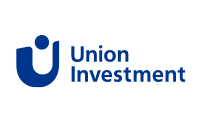
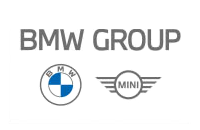
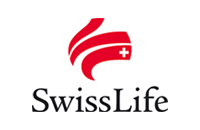
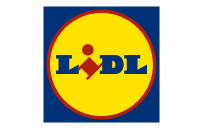
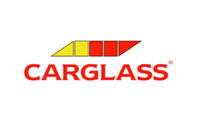
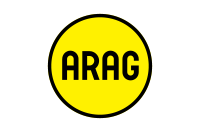

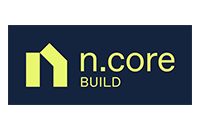

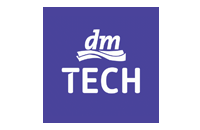
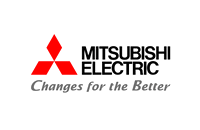
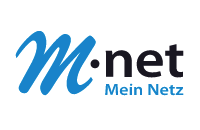
More than
200 customers
trust ConSol
for their
IT & Software

So how can we agree on a fixed price and still work agile?
We have been living an agile approach for years and are convinced that mutual trust between customer and contractor is the most important basis for project success.
First, a framework, the vision and project goals, epics, but also the budget are worked out together. In this phase, the Service Delivery Manual is of central importance: This delivery manual describes the delivery framework, starting with the personnel mix through the development process to research & development and transition. It forms the basis for the services to be provided in the project and gives the customer an insight into the supplier’s world.
Next is the development of a Minimum Viable Product (MVP), which happens in a sprint based agile approach. The price estimated for the MVP is based on the user stories for the MVP.
At the same time, the agile fixed price is determined for the remaining requirements using an analogy estimate. The user stories are classified by complexity. Those levels are divided into T-shirt sizes from S to XXL and are provided with a fixed price. This very classification gives the flexibility that is so urgently needed later on: since only the T-shirt sizes are defined, but not the content, it is very easy to react to changes.

The agile fixed price focusses on value-driven projects
As the project progresses, we implement the epics story by story. Progress is jointly evaluated in regular sprint reviews. These regular feedback loops allow us to react very flexibly to new or changed requirements. With each iteration, a new value is achieved for our customer.

- Flexibility to meet new requirements
- Rapid implementation cycles
- Accelerated time-to-market
- Highest quality of ConSol services due to our Service Delivery Model
- Reliable results and thus satisfaction of all teams
- Transparency & trusting communication thanks to continuous feedback
Agile Fixed Price: Our Core Competencies
Any questions about competitive advantages with the Agile Fixed Price?

Let's talk!
Judith Bato



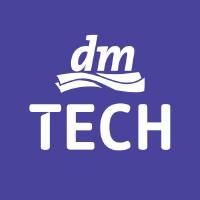




 Openshift Consulting
Openshift Consulting
 Open Source Monitoring
Open Source Monitoring
 Integration-Testing
Integration-Testing






